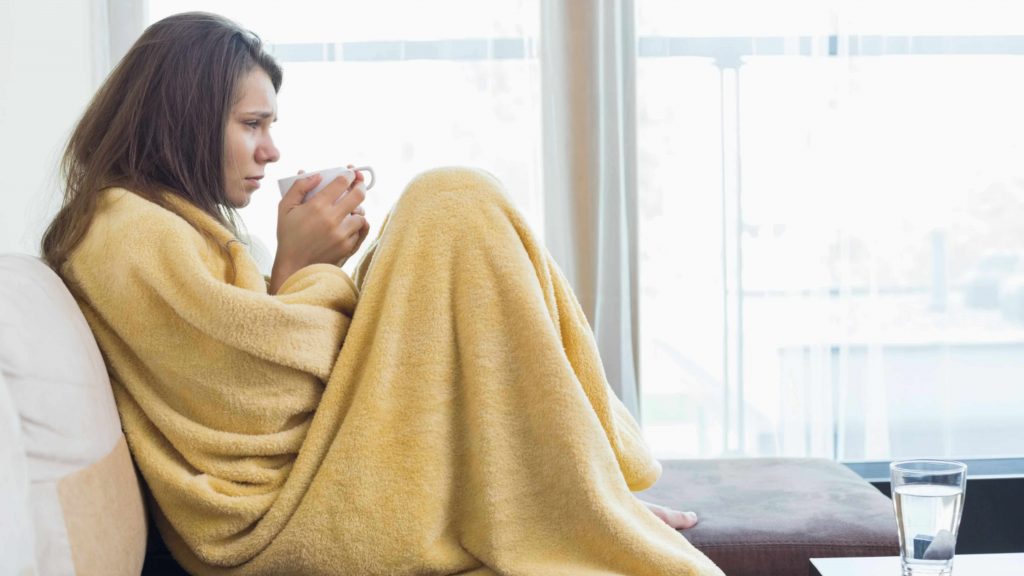-
Featured News
COVID-19 expert answers questions on how the virus makes people sick and more

Experts continue to learn more about SARS-CoV-2, the virus that causes COVID-19, and how it behaves. Dr. Gregory Poland, an infectious diseases expert and director of Mayo Clinic's Vaccine Research Group, is answering questions about how the virus makes people sick, how it compares to influenza, and how the COVID-19 pandemic response is affecting the flu season.
Watch: Dr. Gregory Poland discusses how the virus makes people sick and more.
Journalists: Sound bites with Dr. Gregory Poland are in the downloads at the end of the post. Please courtesy "Gregory Poland, M.D. / Vaccine Research Group / Mayo Clinic."
Q. How does the virus that causes COVID-19 make people sick?
A. A simple way to think about this is like a lock and key. The virus has projections off of it, like a key, which look for human cells in the body that have receptors, which act like a lock. That key enters the lock ― turns it if you will. The virus enters into our own cells, and then it takes over our own cellular machinery and starts using it to produce copies of the virus. And when you get enough copies of that virus in a cell, it bursts it open and then travels to the next cell, and the next cell. You're talking about billions, maybe even trillions, of numbers of these viruses, so you begin to understand how it starts effecting blood vessels, the heart, the lungs, the GI (gastrointestinal) tract and can cause people to become very ill and occasionally die.
Q. What makes COVID-19 more dangerous than influenza?
A. The case fatality rate is probably about 10 times higher than influenza. This particular virus is very efficiently adapted to find those receptors, bind tightly to those receptors and then, as I say, take over the cells. So it's a matter of how efficiently it does that.
Q. Is the flu season over?
A. If you look in most places in the U.S., flu activity is still high. We keep talking about bending or flattening that curve for COVID-19. We're trying to do the same thing for influenza. Social distancing has started to bend the curve for flu, so we've already started to see a decrease in that. That doesn't mean that it's over yet, but I think it's had its peak and will be disappearing.
Q. Is it too late to get a flu shot?
A. It's never too late. We give those flu shots all the way into April and May, particularly if someone is traveling to the Southern Hemisphere, which they probably are not given the circumstances. But, yes, I'd give it as long as I have the vaccine and if they are not immunized.
Check the CDC website for additional updates on COVID-19. For more information and all your COVID-19 coverage, go to the Mayo Clinic News Network and mayoclinic.org.







